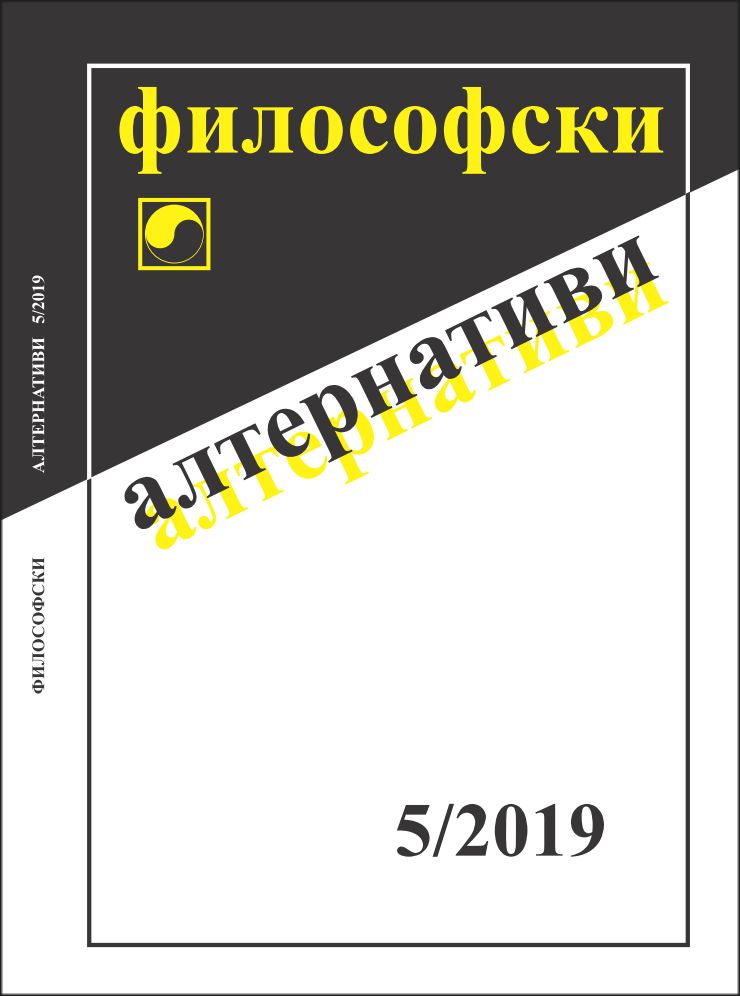Витгенщайновият антиплатонизъм
Wittgenstein's Anti-Platonism
Was Wittgenstein a Realist?
Author(s): Denitsa ZhelyazkovaSubject(s): Philosophy, History of Philosophy, Metaphysics, Analytic Philosophy
Published by: Институт по философия и социология при БАН
Keywords: realism; Platonic realism; Wittgenstein; Russell; proposition; propositional function; sense;nonsense;
Summary/Abstract: Wittgenstein holds an interesting place in the debate about philosophical Realism. Was Wittgenstein a Realist in the Tractatus Logico-Philosophicus? The short answer to this question is “no”. In order for sentences or the complex propositions expressed by sentences to take place, the atomic propositions that are configurations of logically separate names in logical space must be analyzed. These in turn correspond to objects, whose agglomerations are called states of affairs (atomic facts), which correspond to the atomic propositions. Semantic ontology is a form of representationalism. Complex propositions are truth-functions of simple propositions, whose truth or falsity is determined by the ways in which they logically depict states of affairs. Тhe core of this semantic ontology is a “picture theory of meaning” which must be shared by the propositions and facts they represent. The important thing is that, in the atomic facts, there must be objects that have the same form as the names in the atomic propositions. What objects are is not determinable and not sayable. Three questions arise in regard to logical constants. First, are there such things? Second, how are they defined? Third, do they occur in the propositions of logic?
Journal: Философски алтернативи
- Issue Year: XXVIII/2019
- Issue No: 5
- Page Range: 114-127
- Page Count: 14
- Language: English, Bulgarian
- Content File-PDF

